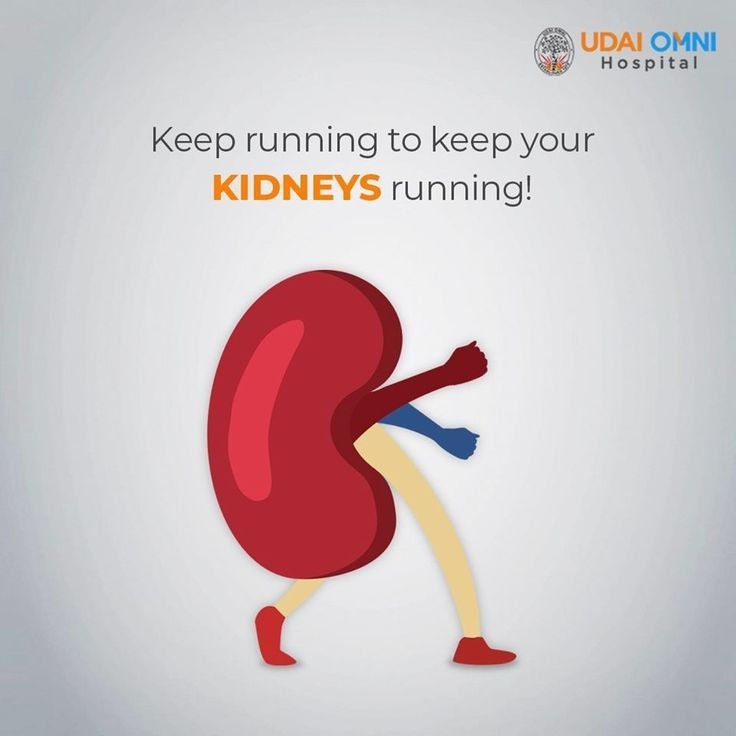Little Steps to Big Health: The Ultimate Guide to Pediatric Care!
- SNS Hospital

- Apr 2, 2025
- 3 min read
Updated: Apr 9, 2025
The health and well-being of children are paramount, and pediatrics plays a vital role in ensuring that children grow up healthy and strong. From newborn care to adolescence, pediatricians specialize in diagnosing, treating, and preventing childhood illnesses, offering guidance to parents for optimal child development.
In this blog, we will explore essential aspects of pediatric care, common childhood illnesses, and when to seek medical attention for your child.

1. The Importance of Pediatric Care
Pediatrics covers a wide range of healthcare needs, including:✔ Newborn and infant care✔ Vaccination schedules✔ Growth and development monitoring✔ Nutritional guidance✔ Managing childhood infections and diseases
Regular check-ups with a pediatrician help in early detection and treatment of health issues, ensuring a healthy future for children.
2. Newborn and Infant Care: The First Year
The first year of a baby’s life is crucial for physical and cognitive development.\
Essential Aspects of Infant Care:
✔ Breastfeeding & Nutrition: Breastfeeding is recommended for at least six months for immunity and growth. Formula feeding should meet the baby’s nutritional needs if breastfeeding isn’t possible.
✔ Vaccinations: Timely vaccinations protect against diseases like measles, polio, and whooping cough.
✔ Sleep Patterns: Newborns sleep up to 16-18 hours daily. A proper sleep schedule ensures healthy growth.
✔ Common Infant Health Issues: Colic, reflux, and jaundice are common in newborns and require medical attention if severe.
3. Common Childhood Illnesses and Their Management
Children are prone to infections due to their developing immune systems. Some common illnesses include:
A. Respiratory Infections
✔ Common Cold & Flu: Caused by viruses, leading to cough, congestion, and fever. Supportive care and hydration help recovery.
✔ Pneumonia & Bronchiolitis: More severe lung infections requiring medical intervention.
B. Gastrointestinal Disorders
✔ Diarrhea & Vomiting: Often caused by infections or food intolerance. Hydration is crucial to prevent dehydration.
✔ Constipation: Common in toddlers due to diet changes; fiber-rich foods help manage symptoms.
C. Skin Conditions
✔ Eczema: A chronic skin condition causing dry, itchy skin.
✔ Diaper Rash: Caused by prolonged moisture exposure, manageable with creams and hygiene.
D. Childhood Allergies & Asthma
✔ Allergies to pollen, dust, and food are increasing among children.
✔ Asthma can cause breathing difficulties and requires long-term management.
4. Growth and Development Milestones
Monitoring a child’s growth ensures early detection of developmental delays.
Key Milestones:
✔ 3 Months: Smiling, eye contact, head control
✔ 6 Months: Sitting up, babbling, recognizing familiar faces
✔ 12 Months: First words, walking with support
✔ 2 Years: Running, forming simple sentences
✔ 3-5 Years: Independent activities, improved social skills
If developmental delays are noticed, early intervention with a pediatrician is crucial.
5. Vaccinations: Essential for Child Health
Vaccines protect children from severe diseases. The recommended vaccination schedule includes:
✔ At Birth: BCG, Hepatitis B
✔ 6-10 Weeks: DPT, Rotavirus, Polio
✔ 1 Year: Measles, MMR
✔ Booster Shots: Given between 1.5 to 5 years for continued immunity
Skipping vaccines can expose children to preventable diseases, making immunization a key part of pediatric care.
6. Nutrition and Healthy Eating Habits
Proper nutrition is fundamental for a child’s development.
✔ Infants: Breast milk or formula until 6 months, followed by soft solids.
✔ Toddlers: Balanced diet with fruits, vegetables, proteins, and dairy.
✔ School-Age Children: Avoid processed foods, encourage home-cooked meals.
✔ Teenagers: Maintain a healthy diet to prevent obesity and nutritional deficiencies.
Encouraging healthy eating habits early in life prevents lifestyle diseases later.
7. When to See a Pediatrician?
While minor illnesses can be managed at home, medical attention is needed when a child has:
✔ High fever (above 102°F)
✔ Breathing difficulties
✔ Severe vomiting or diarrhea
✔ Persistent cough lasting more than 2 weeks
✔ Unexplained weight loss or growth issues
Regular visits to the pediatrician ensure early detection of health concerns and provide parents with necessary guidance.
Final Thoughts
Pediatrics is essential in safeguarding children’s health, promoting growth, and ensuring early intervention for illnesses. As parents, staying informed and maintaining regular pediatric visits contribute to a healthier, happier childhood.
Is your child due for a check-up? Schedule an appointment with a pediatrician today!





Comments